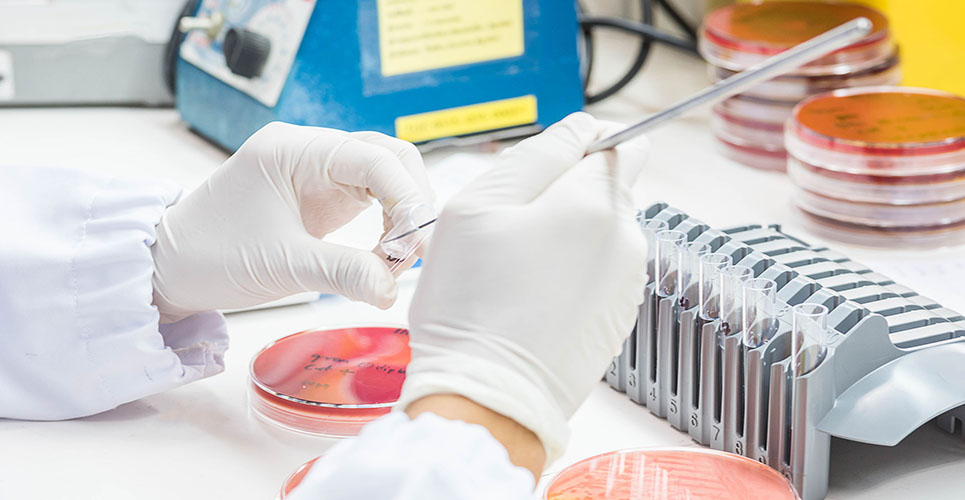Over half of the active products in the global industry research pipeline are personalised medicines, and the UK healthcare system is at risk of failing to adapt to this new challenge, a new report published today reveals.
Over half of the active products in the global industry research pipeline are personalised medicines, and the UK healthcare system is at risk of failing to adapt to this new challenge, a new report published today reveals.
The Association of the British Pharmaceutical Industry (ABPI) discussion paper, Securing a Future for Innovative Medicines, has been published to coincide with the ABPI Annual Conference 2014. The report highlights the emergence of specialised medicines as a major challenge for the UK pharmaceutical industry and says that for the commercial environment in the UK to respond to this challenge there needs to be a fundamental shift in the Health Technology Assessment (HTA) approaches.
But changes are occurring in the UK and at a European level, in the form of pioneering joint-working initiatives involving the NHS and industry. The report also points to NICE’s Highly Specialised Technology (HST) programme which has the potential to make a big difference to how specialised medicines for very rare diseases are evaluated.
The report highlights further challenges including rising drug development costs and difficulty with patient recruitment for clinical trials, pointing out that around 80% of clinical trials do not meet patient recruitment timelines, and on average last 30 to 42% longer than companies initially plan for. To overcome this, the UK needs to improve trial performance by enabling faster patient enrolment, encouraging the use of electronic health records and streamlining the research governance process.
Commenting on the report, Stephen Whitehead, Chief Executive of the ABPI, said: “This report sheds new light on the challenges facing the UK pharmaceutical industry. Whilst companies are refocusing their pipelines towards specialised and stratified medicines, a gap is opening up between the commercial environment the industry currently operates in, and the new research and development (R&D) environment the industry is moving towards. If we don’t address this gap soon, patients will be unable to access the best treatments and the UK economy will suffer.
“It is vital that our industry continues to work closely with the NHS and academia to ensure that we become a world leader in stratified medicine, as well as the location of choice for pharmaceutical R&D from across the globe.”
The Securing a Future for Innovative Medicines discussion paper was prepared for the ABPI by the Office of Health Economics (OHE). Professor Adrian Towse, Director of the OHE, said: “Global pharmaceutical R&D is changing, and the UK needs to adapt to the new environment in order to retain its status as a leading location for biomedical R&D, both pre and post-launch. We must not forget that there are already examples of best practice where changes are occurring in the UK and at European level. Only when industry, academia and NHS work together and spread best practice will we better understand how changes in drug development will alter the relationship between the research and commercial elements of the pharmaceutical industry for the NHS.”

